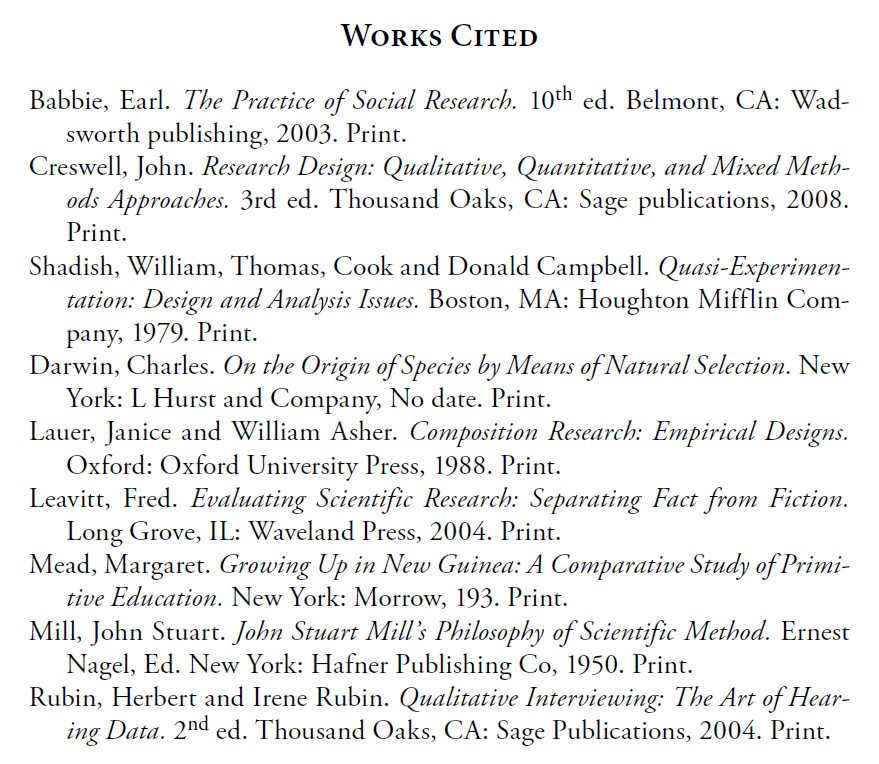University writing 30:151
january 12, 2016
brief recap
-
Syllabus
-
Website
-
Slack
-
Assignment
revisiting "literacy tasks"
1) knowledge of research skills
(We'll address this one later.)
2) Ability to read complex texts
(week 3 and week 4, plus your first essay.)
3) key disciplinary concepts
4) strategies for new information
Today's overarching questions:
what is academic writing?

why academic writing?
What IS the PURPOSE?
PUT SIMPLY:
WHAT IS IT AND WHY DOES IT MATTER?
What?
engages the work of others

(Photo credit: University of Winnipeg Library)
created by scholars (loosely defined)
specialized readers & broader public
(Inter)disciplinary
topics of interest to the academic community
informed argument
analytical, not personal
why?
transferable
impact
Characteristics of academic writing
survey (P. 14) thaiss & zawacki @ George Mason University
three characteristics
1) Clear Evidence that the Writer Has been ...
PERSISTENt, open-minded, and disciplined.
"PERSISTENCE" in writing
- Have you filled in the gaps in your argument?
- Have you provided enough explanations, examples, and evidence to support your claims?
- Have you thoroughly examined the primary text and the evidence you're using?
- Have you asked challenging questions?
"open-mindedness"
- Have you considered and acknowledged different perspectives and counterarguments?
- Have you considered evidence that complicates or undermines your argument?
- Does your essay reflect and acknowledge the full complexity of your topic and its various components?
"disciplined"
- Are your conclusions and assessments of the evidence based in reason and logic?
- Does your essay stay on topic?
- Have you diligently recorded, documented, and cited all your sources?
- Does your essay demonstrate academic rigour?
- Does it follow the conventions and regulations of the subject in which you study?
2) The dominance of reason over emotion
"Logos"
the primary rhetorical mode
academic values:
intellect, objectivity, reason, free and open inquiry (academic freedom), truth, knowledge
3) An IMAGINED READER WHO IS:
-
rational
-
reading for information
-
intending to engage in a reasonable way
problem:
THESE ARE RESULTS AND IDEALS, not actionable measures
let's be more specific by asking ...
how does an academic essay fulfill these expectations?
What characteristics show the results of literacy tasks?
L. Lennie Irvin
(CC-BY-NC-SA)
"critical"
Interpretive
Analytical
Nuanced ...
IE - AN ESSAY THAT DEMONSTRATES CRITICAL THINKING
(most academic writing is "critical")
1) argumentative in the broadest sense
"[the essay] MAKES A POINT AND SUPPORTS IT" (irvin)
main argument (Thesis)
Sub-argument
Sub-argument
Sub-argument
2) that Point is debatable
it addresses a problem that is open to interpretation
topic:
how does technology and social media shape communication?
A THESIS STATEMENT RESPONDS TO The QUESTION AND SPECIFIES The ARGUMENT

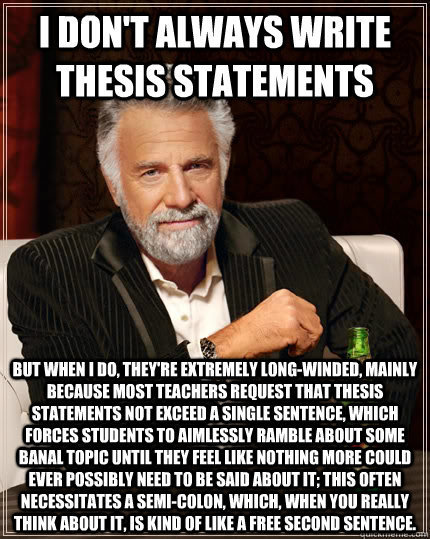
3) Organization
introduction
body
conclusion
recognizable
structure
characteristic of genre that helps the reader
5 paragraph essay as a learning tool
example outline
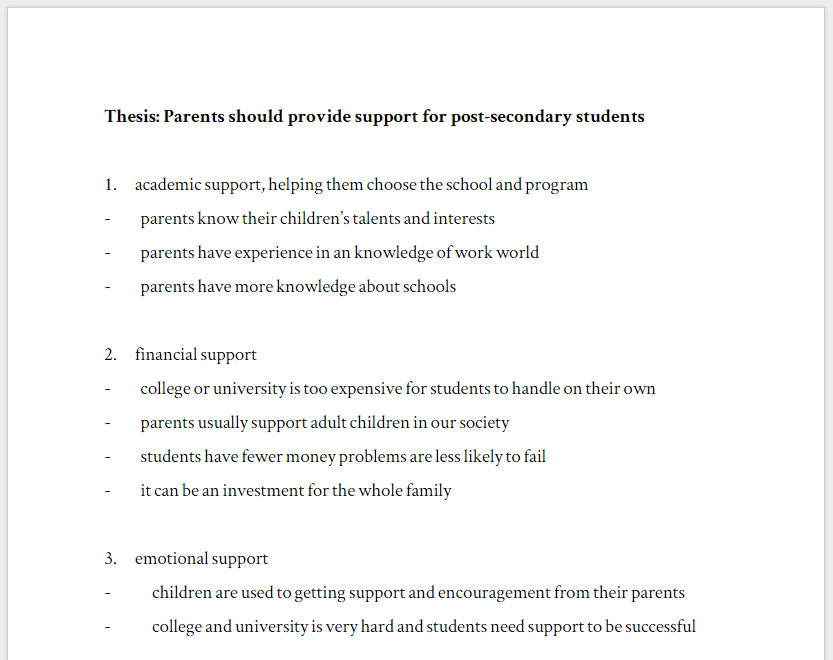
4) Support
If: AssertIon
Then: Support
... & Repeat
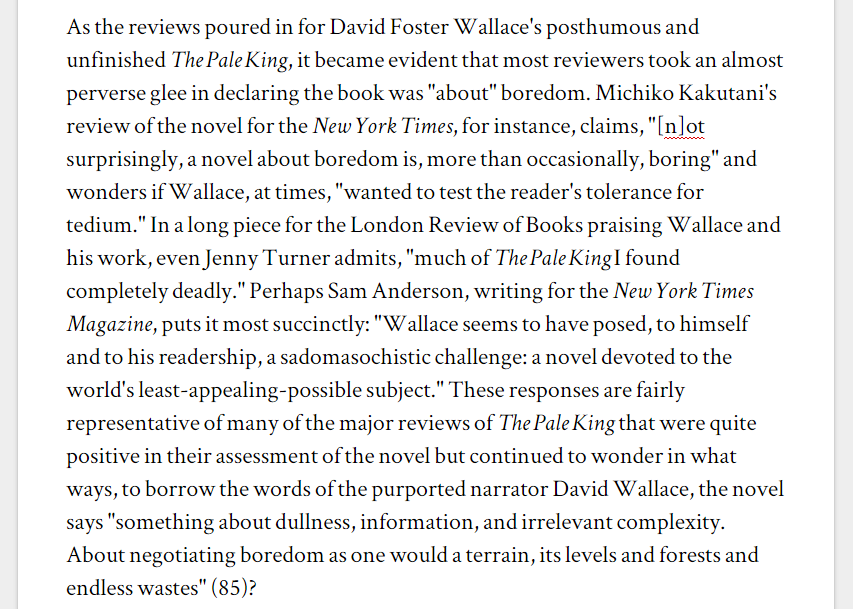
From “The Politics of Boredom and the Boredom of Politics in David Foster Wallace’s The Pale King” by Ralph Clare
Generalizations require specific examples
5) Document
primary, secondary, and tertiary sources must be cited and documented
(VIA)
6) transitions
main points are distinct but connected
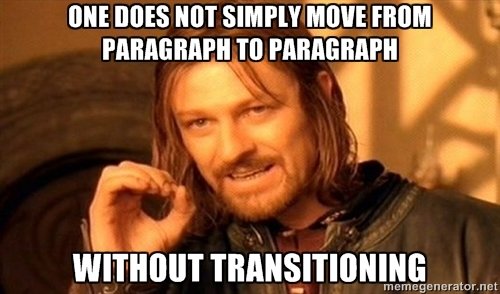
7) FOrmatted
this course: MLA or APA
follows conventions of the discipline
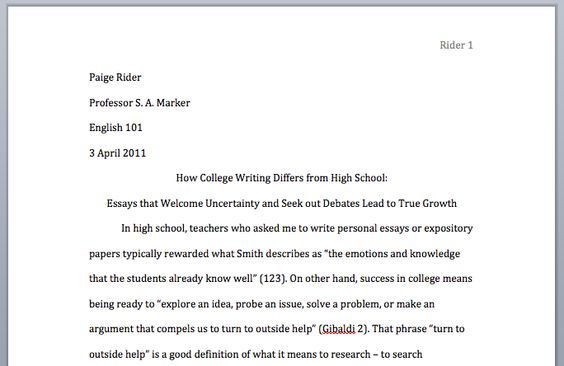
(VIA)
8) grammar

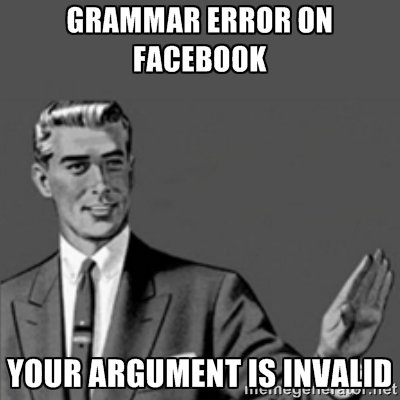
More REasonable:
Learning Grammar IMPROVES YOUR WRITING
careful writing rewards careful, attentive readers
know the rules before you break them
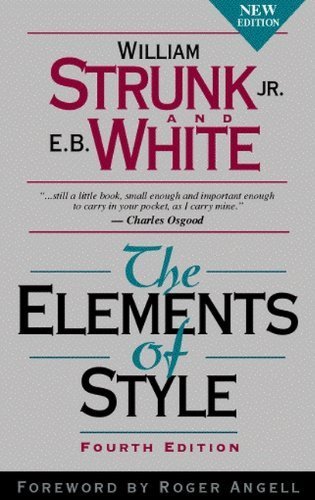
"You must believe . . . in the ability of the reader to receive and decode the message." (Strunk Jr.)
academic writing genres
vary by discipline
humanities
- Books
- Journal Articles
- Book Reviews
- Blog posts
- Journalism
- Criticism
- Reference letters
- Collections of citations
The whole process, briefly:
Understanding the process
-
Formal peer review
-
Theory and methodology
-
Creating a "record" of human culture (documentation)
-
Interpretation, analysis, and contextualization
"appropriate" tone and style
"appropriate"?
always depends on your audience, context,
& purpose
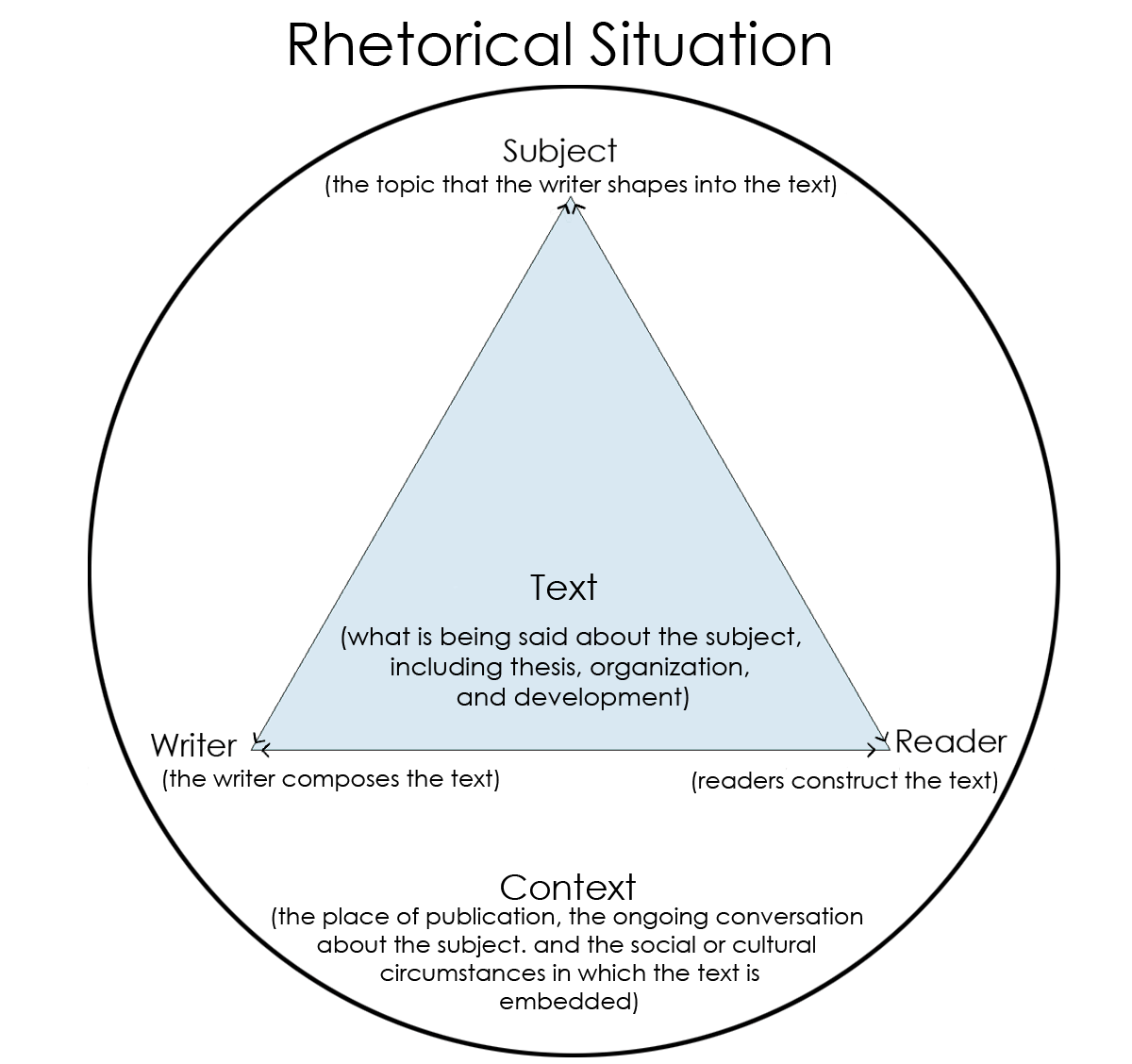
(VIA)
that's why it's called the "academic" style
writing is an adaptive process
using the academic style is
not
imitation scholarship
characteristics
1) formal
standard written english
2) relies on evidence
3) concrete
4) sentence variety
well-constructed phrases and sentences
5) Purposeful writing driven by deliberate choices
but why?
every choice serves a purpose
style has an explicit purpose in academic writing
these characteristics help achieve seriousness, thoughtfulness,
& assertiveness
good writing style makes your sentences clearer and more effective
Cardinal Rules?
say what you mean
get your point across
make yourself understood
what to do
&
what not to do
don't: use colloquial words or phrases
"i'm going to show you that kids these days are poor sports."

Instead: use proper written form
"This essay explores how adolescents respond to personal failures in competitive sports."
Don't: Ask questions when statements will do
"Stress affects everyone. How To deal with it? exercise, nutrition, and relaxation."
Instead: Use direct statements
"People affected by stress have different ways of coping, including exercise, nutrition, and relaxation."
don't: use weak, flimsy verbs
"i got a book from the mall in order to do my essay."
instead: use strong, precise verbs
"i purchased a book from the mall in order to write my essay."
don't: use "phrasal" or multi-word verbs
"This essay talks about gender inequality in commercial media and makes the point that images idealize men and women."
instead: prefer strong, precise verbs
"This essay discusses gender inequality in commercial media and argues that images idealize men and women."
do: emphasize main actors and actions (via)
There was uncertainty in President Clinton's mind about the intention of the Russians to disarm their nuclear weapons.
President Clinton remained unconvinced that the Russians intended to disarm their nuclear weapons.
(VIA)
the actor should be the subject
the action should be a verb
Avoid: Second-PErson Pronoun
"society should encourage independence among students. in order to succeed, you also need the support of your community."
Instead: Use specific nouns
these are a few examples
not comprehensive
start with decision-making
style is a commitment to clear, purposeful expression
clear presentation of ideas
clarity of thought & purpose
find these slides
readings for next week
next week:
summary
paraphrase
quotation
academic integrity
plagiarism
sentence structure
Parts of speech
clauses & Punctuation
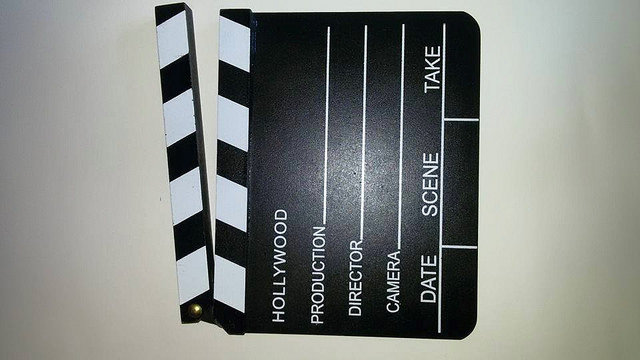
UW: Jan 12 (Introduction to Academic Writing)
By Trent Gill
UW: Jan 12 (Introduction to Academic Writing)
This slide deck introduces academic writing through various lenses, including context, audience, and purpose.
- 958
